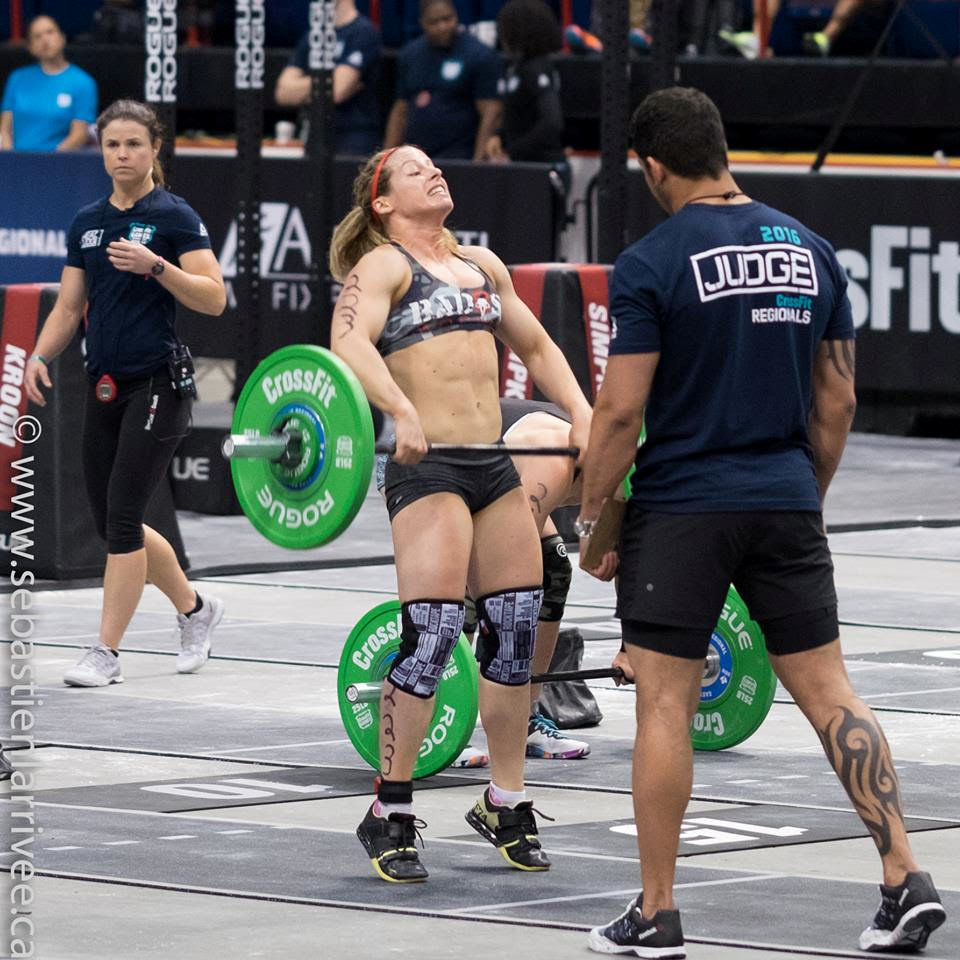
03 Nov 10/20/Marrying a Turbo Rocket Babe
By: Paul Oneid
Crossfit is everywhere. It is on ESPN, it is all over social media and Crossfit Boxes are popping up like Starbucks. Whatever your personal feelings are about the sport, there is one resounding fact that cannot be argued – Crossfit chicks are scalding HAWT! I personally have the privilege of marrying one in June 2017. She is known to most of my friends appropriately as “HotPam.” HotPam is a Regionals level Crossfit athlete who ranked 14th in Canada East and finished 30th in the Northeast Regional.
[wa-wps]
Please do not consider this a “How to Guide,” because I am far from a relationship expert. The goal of this article is to share my experience and shed some light on a lot of things you may not realize when you think “Man, I totally want to marry a Crossfitter.” (While my fiancée competes in Crossfit, I hope you can use this article to draw parallels across any competitive endeavor.)
Being in a relationship with someone takes a lot of work. When you are both trying to compete at the top of your respective sports, this work takes on a slightly different meaning. There are obvious benefits to dating a fellow competitive athlete, but there are also a lot of unforeseen obstacles. You should see a very resounding trend among the topics.
Time
Time is a commodity that cannot be replenished. It is priceless. When you are trying to devote your time to being a top-level competitor, time gets taken away from other parts of your life. When you and your partner are both trying to do this, it leaves less time. Personally, I train for about 14 hours a week. I lift 4 times a week and do conditioning/ mobility/ rehab 3 times a week. Pam trains closer to 20 hours a week via 5 training sessions and 1 active recovery session. Pam and I both work full-time 40 hours per week and because of this, she typically must do all her training in one session after work each night during the week (this is atypical of most high level Crossfit athletes who train multiple times per day). These sessions usually last from 5:30 p.m. -9:00 p.m. As you can see, this does not leave much “spare time” on weekdays. We are up at 6:00 a.m., or 5:15 a.m. if I train clients in the morning, and we typically don’t get home until after 9:00 p.m. That’s our week. Now, aside from training you have to accommodate for meal prep, rehab appointments etc., not to mention normal things like family, friends and our puppies. This doesn’t leave a lot of time for our relationship.
How do we accommodate our training, relationship and life? We communicate and accommodate. We make sure we know each other’s schedule and what is expected of one another. We only have one vehicle, so I typically will meet Pam at her gym after I train and do some recovery stuff while she finishes, then we drive home together. It might only be 15 minutes in the car, but its time. On the weekends we make sure to devote time in the mornings before training, and in the afternoon/evening after training to spend time together. When we travel, we tend to make little vacations out of it. There are infinite ways we have found to fabricate time. The last thing you want in a relationship is to spend time in the same room, but not be together. As our lives get more full, this will become increasingly important. We are both willing to give when needed, and the expectation is there that when we need to take, it has already been offered.
Training
You want to talk about a double edge sword? Well, having a partner who is knowledgeable and proficient in something you are skilled at and educated in is both awesome and humbling at the same time. Having been a strength and conditioning coach for about 5 years, and being a lifter for closer to 10, Pam still has a higher training age than me. She has been lifting weights for 15 years! She knows a thing or two about training and will never let me forget it. Personally, I love having that accountability, but I don’t think everyone would feel the same. Contrary to popular belief, I don’t have much of an ego when it comes to my training. I just want to get better. She is the exact same way. We coach each other, correct each other and help each other, but the communication needs to be done in the right way.
Sometimes, it does get frustrating when one of us doesn’t listen to the other’s advice. As long as there is respect to the decision being made, there are no fights. Boundaries are REQUIRED. Both partners need to understand that while there is expertise on both sides, the ultimate control of training is your own. You need to be able to communicate what your boundaries are. On that note, one thing I will never do for Pam is program for her. Nowhere in my wheelhouse is the title “Crossfit Coach.” I have a lot of expertise about a lot of areas and I do give her feedback, and her coach for that matter, but I never get actively involved. It isn’t my place and that is a boundary that I think has helped our relationship. Even when Pam decides that her time competing in Crossfit is done and she wants to try her hand at something else, I will likely not program for her. I will make sure she has a great coach, but it won’t be me.
Diet
There is literally no reasonable obstacle here. Having a partner who eats healthy and clean food makes diet the easiest thing on the planet. We essentially both eat the same foods, but our macros are different. We hold each other accountable for cheats (This should be read “Pam doesn’t let Paul eat ice cream”) and we really enjoy our date nights where we indulge together. It also helps when we go to family or social events to have some moral support when you abstain from certain foods and alcohol. You become “that couple” instead of “that guy/girl.” Grocery shopping is easy. Supplement shopping is easy. Having a partner who is as serious as you makes diet easy. Not to mention the obvious benefits of improved “health.” (There is a reason they call her HotPam)
Life
Having a partner who is just as competitive as you are makes it easy to fall into the habit of being a hermit. When only one partner is competitive, there is a unilateral drive to go out and be social. So even when you’re tired from training, you get up and put pants on to be social. When both partners are competitive, all you want to do is take naps, eat and go to bed at 9:00 p.m. on a Saturday night. It is important to us that we make time for our family and friends, but it would be a lie to say this doesn’t take work. We are very lucky to have families and friends that support us.
We do our best to make time for what is important. We make sure to plan social events ahead of time when possible and we accommodate our training around that. Training needs to take a backseat to family and friends. That is always most important. You won’t ever catch us missing Christmas dinner to get some lifting in, but we may miss a birthday dinner on a weeknight during the in-season. We do our best to accommodate life when we can.
There is also a mutual understanding during those times when life can’t be accommodated. We are fully aware of what the other is dealing with because we “get it.” We know how it feels to be beat up and tired. We know how shitty it feels to be depleted during a water cut, or need 3 therapy appointments in a week. We know that missing that weekday birthday dinner couldn’t be avoided. There is no guilt, no shame and no grudges held for making sacrifices because it is sometimes what is needed, and we both “get it.” That is the type of support very few people get from their partners, unless they both compete.
Summary
This is just a little tidbit of the things that we deal with in our day-to-day life. Some is great and some is tough, but it’s our life. It definitely isn’t glamorous or exciting to many people, but we are pretty happy. In any relationship you get out of it what you put in. We work as hard on our relationship as we do on our competitive aspirations. We communicate everything and address concerns when they arise. We make time for ourselves and we make time for one another. I think we have done a great job at using the constraints created by our competitive endeavors to strengthen our relationship. I will be the first one to tell you that it isn’t easy, but it is absolutely worth it. Just like any relationship, it is always changing. We won’t always be competitive athletes, but I am sure we will fill our time with other things… like babies… huh? No? Ok, puppies then.
Paul Oneid
Latest posts by Paul Oneid (see all)
- A Proposition for a Paradigm of Planning Your Personal Periodization - March 4, 2019
- Paul Oneid –> Off-Season | Feet Up Bench PR and Some Squats - March 1, 2019
- Paul Oneid –> Off-Season | A bit of everything - February 21, 2019




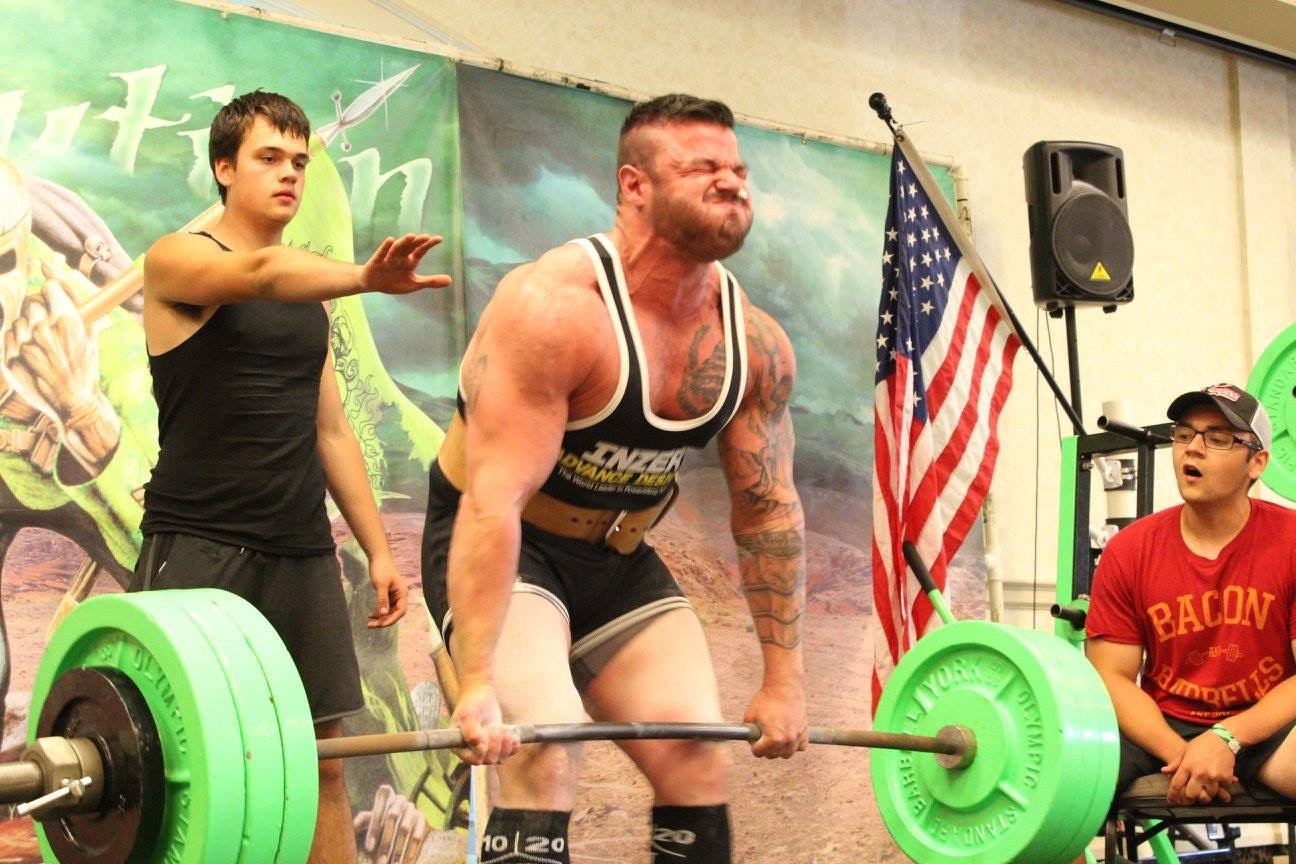
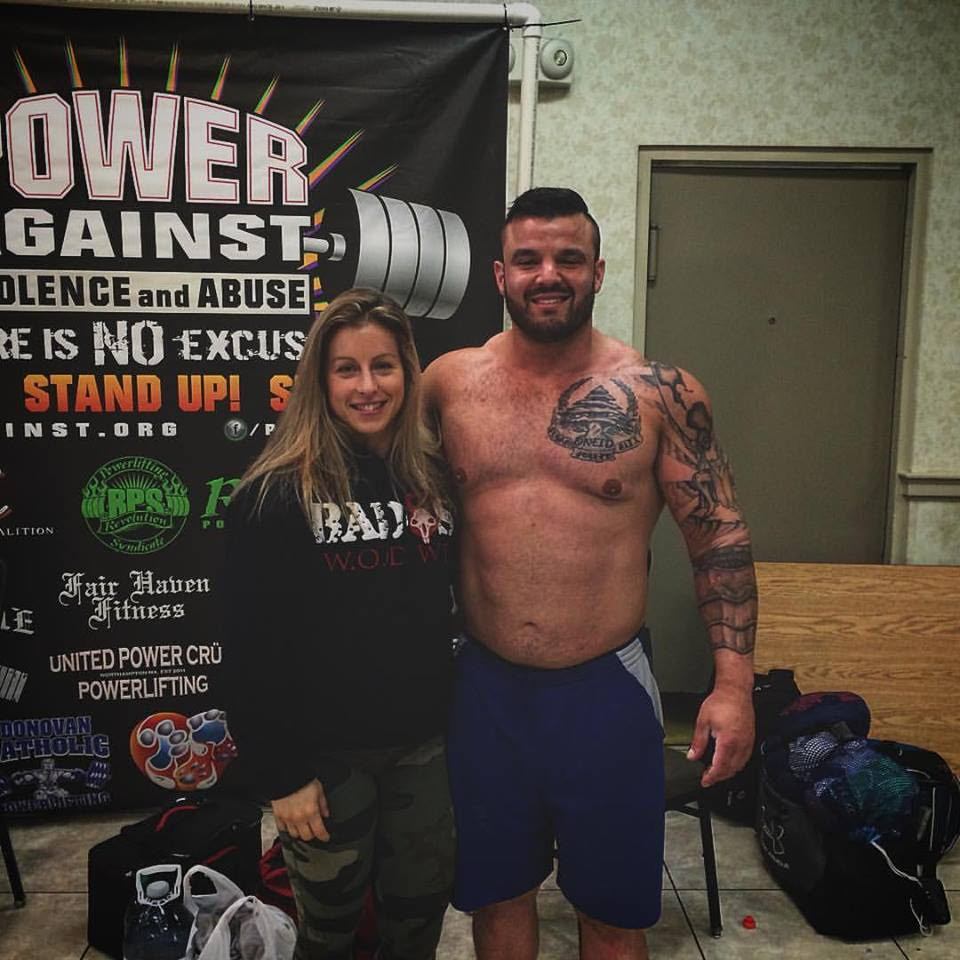
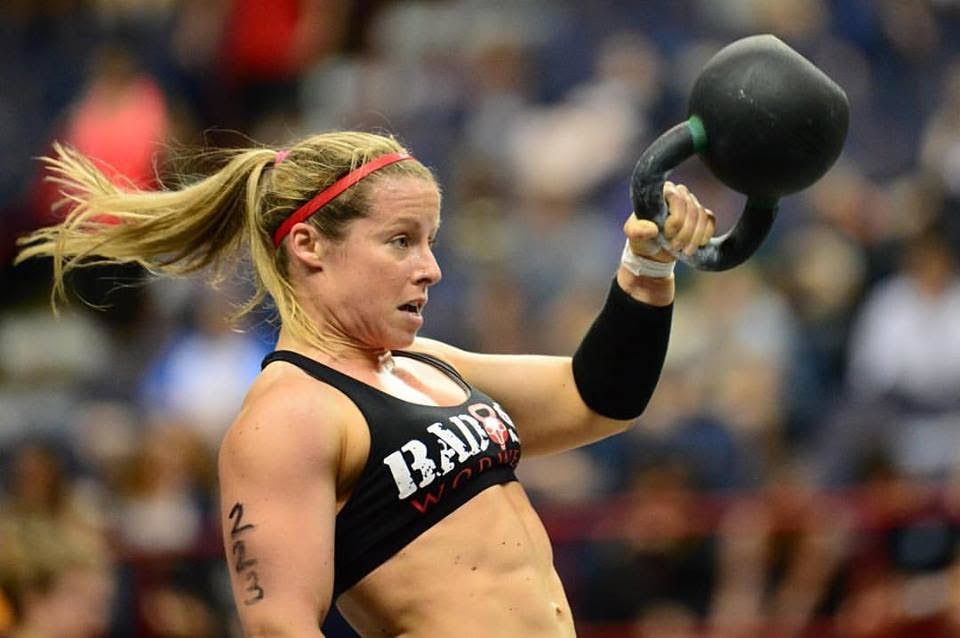
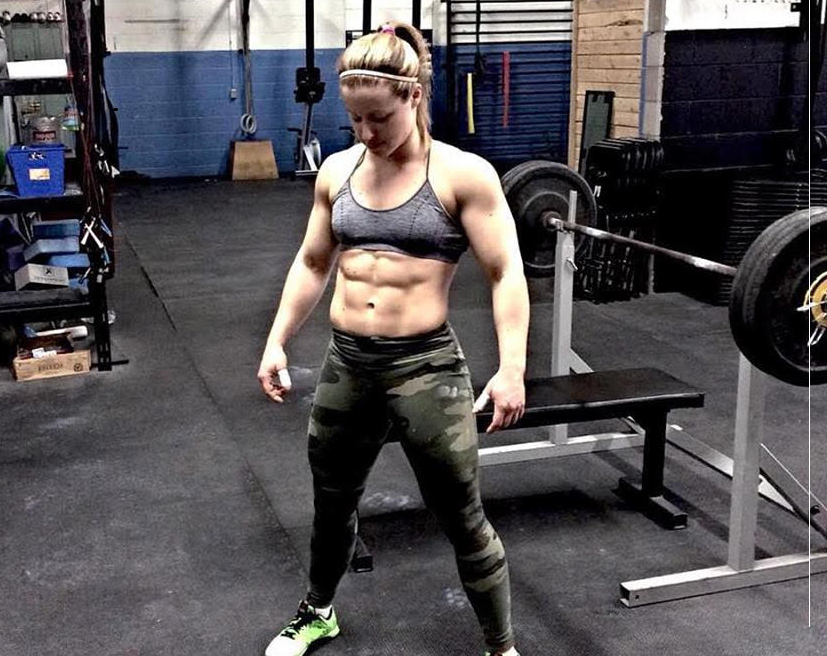

Sorry, the comment form is closed at this time.